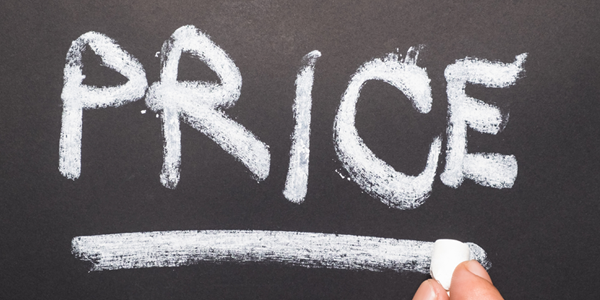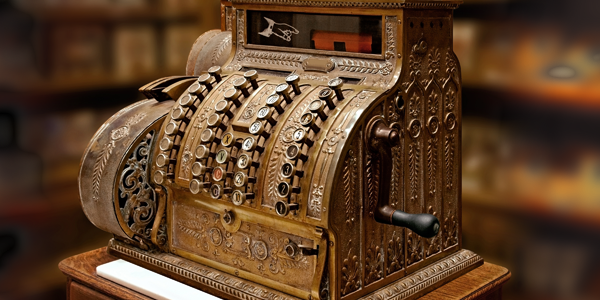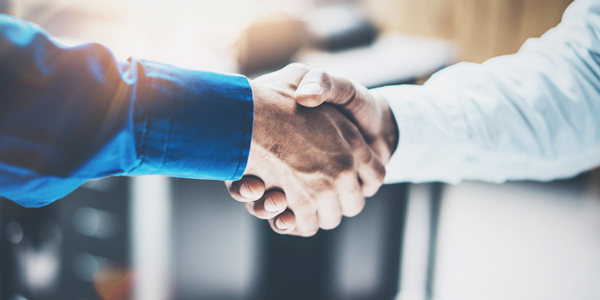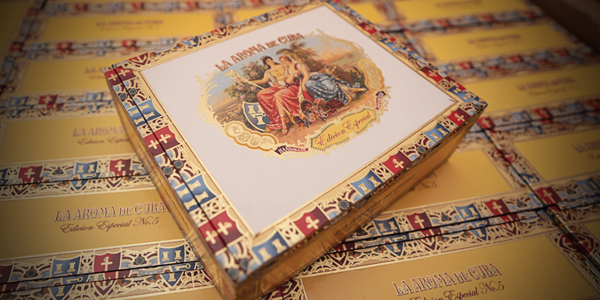What Affects the Price of a Cigar?
The price range for premium cigars varies widely. You can buy a great cigar for a buck or two in an inexpensive bundle, or you can shell out over $50 for an especially rare or limited edition cigar. When it comes to cigar prices, cheap does not always mean you’re getting a great deal nor are expensive cigars a rip-off. Quality and value are what count most and you will find both at every price point. You can draw many parallels with the wine industry. Amazing bottles can be had for under $20, and there are connoisseurs who spend several hundred or even thousands of dollars for single bottle of a top-rated vintage. When you want to understand if you’re getting the best deal on a cigar, here are the biggest factors that influence its price.
TOBACCO
The age, rarity, and source of the tobaccos and the wrapper leaf in a cigar impact its cost. The three main components in a premium cigar are the binder, filler, and wrapper leaves. Some cigar companies are vertically integrated. They own their own tobacco farms and the factories where their cigars are rolled. They oversee the product from seed to store shelf. Fewer middlemen allow for more flexibility with price.
Other companies purchase tobacco from a number of farmers and contract one or more factories to roll and package the finished product. Premium tobaccos are aged for many months if not years. Humidifying, rotating, and fermenting fine tobaccos for a lengthy duration requires skilled laborers to work the tobacco and monitor its temperature and humidity around the clock. Time is money.
The best wrapper is cultivated in select regions. Most cigar-makers buy wrapper from farmers who specialize in growing it in Ecuador, Nicaragua, Mexico, or the U.S., for example. Wrappers grown in Connecticut cost more because of its increasing rarity and the expense of U.S. labor.
Is the brand made at scale? When millions of cigars are produced annually, the price per cigar will be lower than if only a few thousand are made. When a cigar-maker has perfected a blend and established demand for it, the cigar can be made on a larger scale which increases the efficiency of production. Raw material and manufacturing expenses influence the cigar’s final price on many levels.
CIGAR SHAPE
The size and shape of your cigar affect its cost. Because bigger cigars are made with more tobacco, they’re more expensive. Standard shapes like Robustos, Toros, and Churchills are less complicated to roll than Torpedos, Perfectos, and Figurados which taper and contour and require the skill of a more experienced roller. Cigar-makers rely on their most talented rollers to make difficult shapes. Naturally, seasoned cigar rollers earn more, which is reflected in a cigar’s price.
PACKAGING
Often what draws us to one cigar over another is its band. Don’t think that fancy bands and boxes are a needless expense – they’re not. Beautiful packaging is often an indication a cigar-maker is especially proud of the cigars inside. When the family’s name is on the band, it’s a matter of reputation. Cigar-makers don’t want their names on cigars that look or taste bad. Netherlands-based Vrjidag Premium Printing is the gold standard for printing cigar bands and box labels. Their labels may cost more, but no cigar-maker is going to waste money putting Vrijdag bands on a mediocre cigar that won’t sell because its taste is inferior. Also, most established cigar-makers own and operate their own cigar box factories, minimizing the expense a box adds to the price of a cigar. However, when you just want a simple, cheap cigar to smoke while you’re mowing the lawn, buy a bundle. No expense goes into a box. Some bundle cigars are even packaged without bands.
DEMAND
High demand for a cigar can drive its price up. This is common with rare Cubans or cigars that are no longer in production. The most sought-after boxes wind up in auctions where they can fetch astronomical prices. If you trade cigars online, you’ll find a community of aficionados who go to great lengths to hunt down cigars that are very hard to come by.
On the flipside, cigars that have been overproduced or lack demand get marked down, sometimes well below their wholesale cost. When this happens, the cigars wind up in the blowout bin, and savvy buyers can score premium brands for a big discount. Always take a peak in blowout bin, whether you’re shopping online or in your local retailer. You never know what cigars are being discounted because they were over-ordered or overproduced.
CLIMATE
The length of the growing season and the impact of inclement weather, such as a hurricane or a drought, can cause a cigar’s price to rise if the tobaccos used in its construction suddenly become unavailable. Major cigar manufacturers warehouse enough tobacco to last them for a few years or longer in the event of a natural disaster. Even so, devastating events like Hurricane George in 1998 wiped out wrapper reserves set aside for Carlito Fuente’s legendary Fuente Fuente Opus X cigars in the Dominican Republic. Carlito created Fuente Anejo as an alternative to Opus X until Opus production recovered. More than twenty years later, both cigars regularly sell above MSRP because they’re made in limited quantities and the cigar lovers who enjoy them would rather pay more than run out.
RETAIL MARGINS
The MSRP (Manufacturer’s Suggested Retail Price) for a cigar is determined by the brand owner or distributor. In some cases, it’s a simple calculation based on the wholesale cost of the cigar (the price the retailer pays). Federal excise taxes are included in the MSRP, but not state or local tobacco and sales taxes. Artificial price gouging is less common among retailers because they want you to come back and they know consumers can easily access the best cigar prices online for comparison. However, you may encounter differences in price for the same cigar from one retailer to another. Some cigar shops have greater operational costs in rent and employees, for example. Buying cigars in person isn’t always about the price alone. Many consumers don’t mind paying a little more for professional customer service in a clean, well-kept store that’s a convenient distance from their home.
TAXES
The least romantic factor that determines a cigar’s price is taxes. While sales taxes vary greatly among different states, counties, and municipalities, tobacco taxes can add a tremendous expense to a cigar’s price tag. Certain states and cities are far more tolerant of premium cigar consumption. Others are content to tax tobacco out of existence. Some municipalities levy taxes on all forms of tobacco, including premium cigars, to such an extent that no retailers can survive.
The swing in tobacco and sales taxes continues to drive cigar lovers to purchase their cigars online. Although many states now collect taxes for online sales, the big online retailers tend to offer more aggressive bargains and free shipping to offset the expense. Because they buy and warehouse huge volumes of cigars, their cost is lower and they pass the savings onto the consumer in the form of lower prices. Consumers who live in especially high-tax states like New York and California will make local purchases on occasion out of convenience but otherwise limit their shopping to the best online cigar deals.






